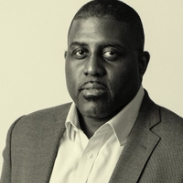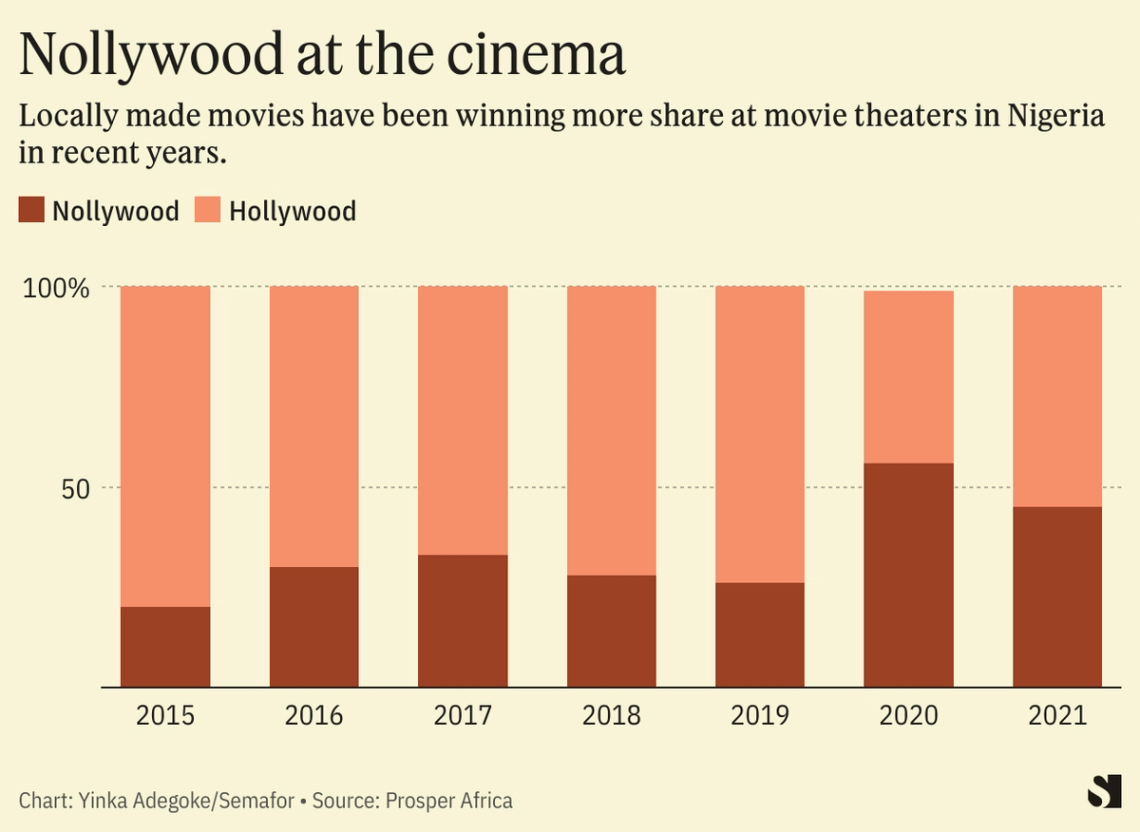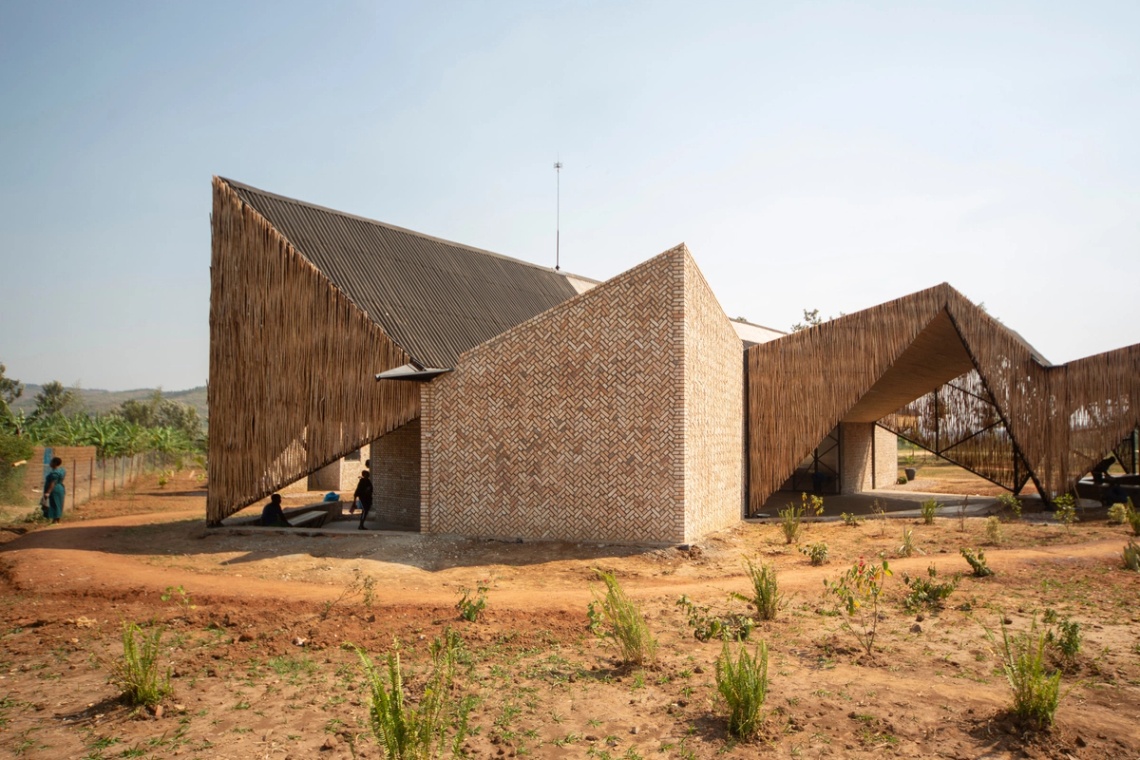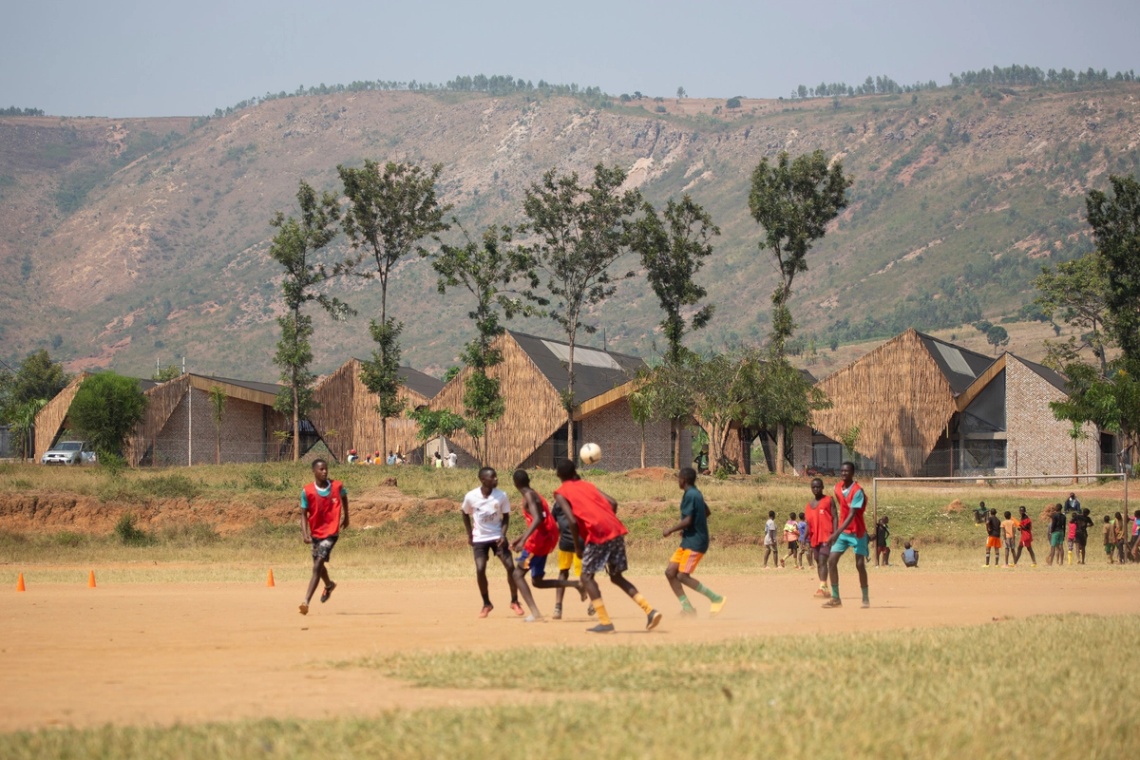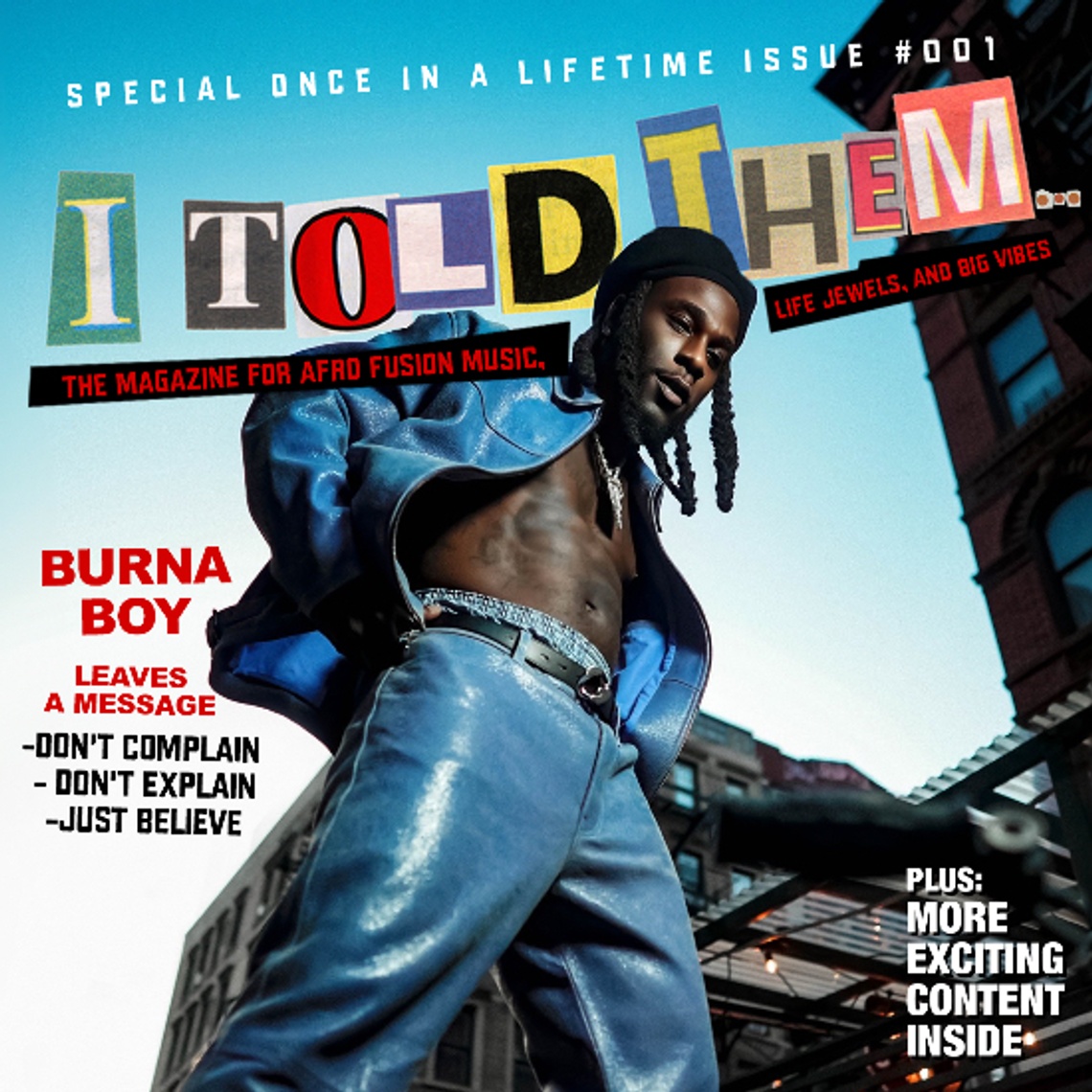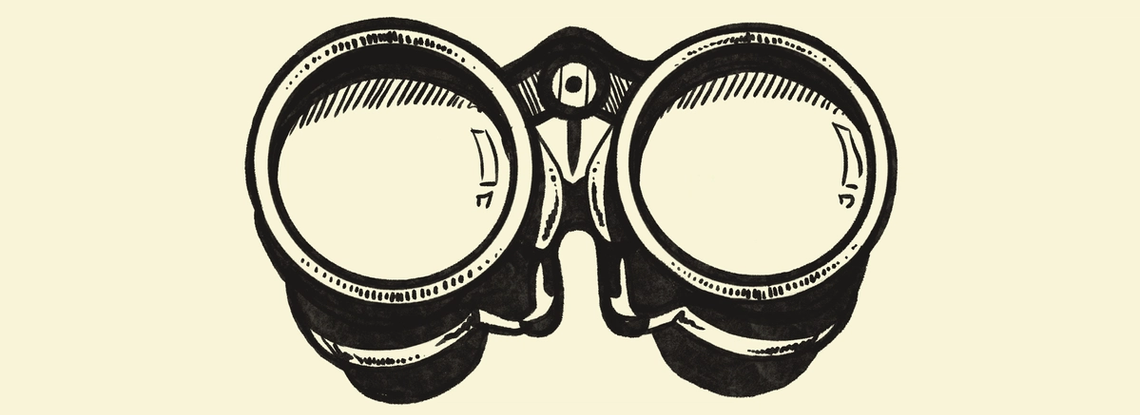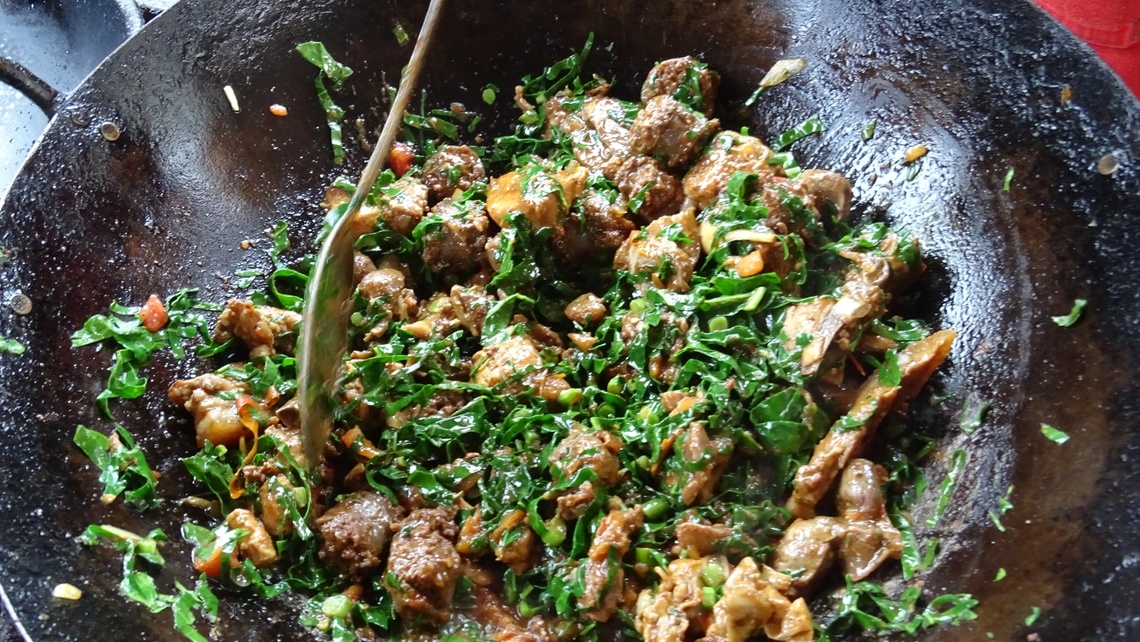 Daisy Jeremani/Semafor Daisy Jeremani/SemaforIn recent years gango has overtaken gochi-gochi, as Zimbabwe’s most popular barbecued meat. Gango — a name derived from the Shona language verb kanga, which means fry — is made from a range of different meats depending on your taste. In Bulawayo, the country’s second largest city, gango hawkers ply their trade at various spots, including in the city center at a bus terminus near the Large City Hall. During lunch hour dozens of people line up at the hawkers for takeaways and in the evenings as they head home after work. The same can be said of Harare, the capital, where hundreds congregate at an open eating place called KwaMereki to enjoy the relish. It is taken together with a sadza, a thick staple porridge made from corn/maize or sorghum flour. Pieces of beef, pork sausages, chicken livers, chicken gizzards are tossed together in a skillet, or gango, a circular frame of thick metal fashioned out of a disused tractor plough disc. This is somewhere between the conventional barbecuing or braaiing and cooking in a pot but takes twist with the addition of tomatoes, which will be well cooked, before the addition of kale, and any other leafy vegetable. In South Africa, they barbecue over a gauze, but the gango is really unique to Zimbabwe as it combines meats, kale, tomatoes, onions and other ingredients. — Daisy Jeremani in Bulawayo, Zimbabwe |

